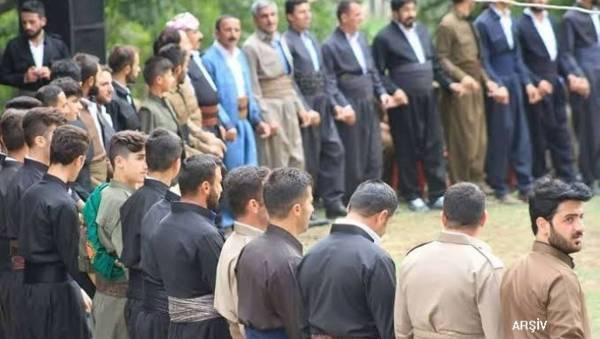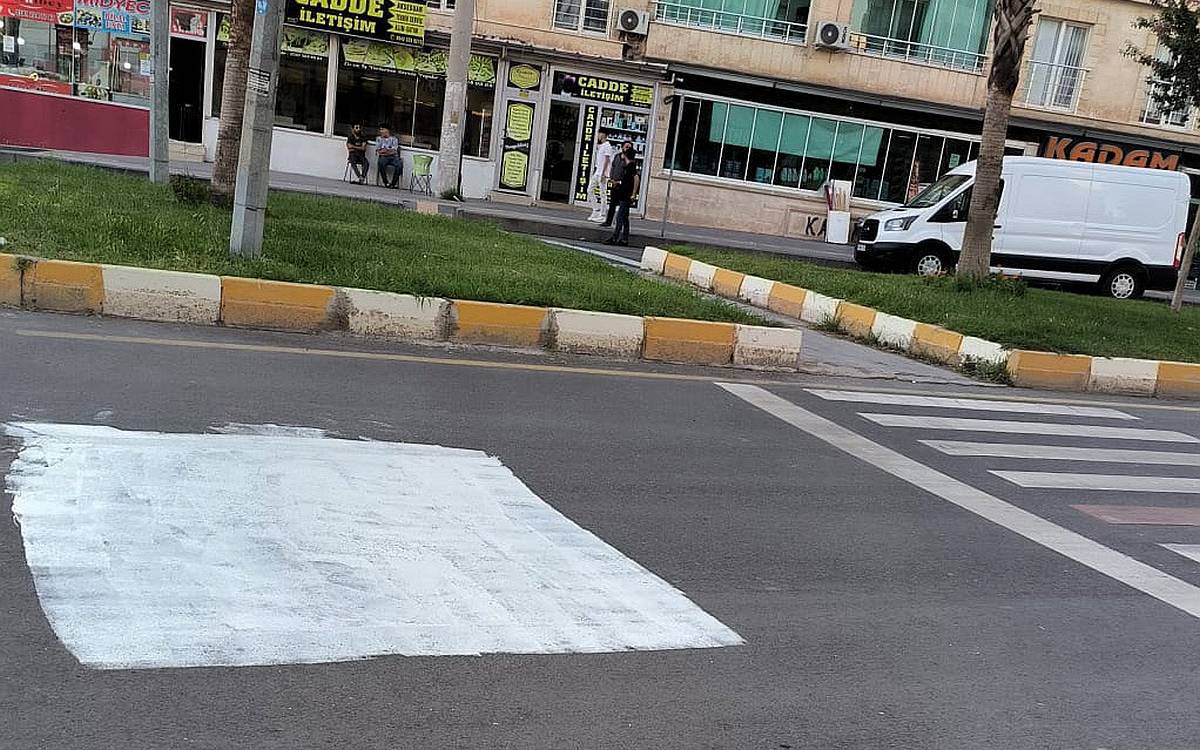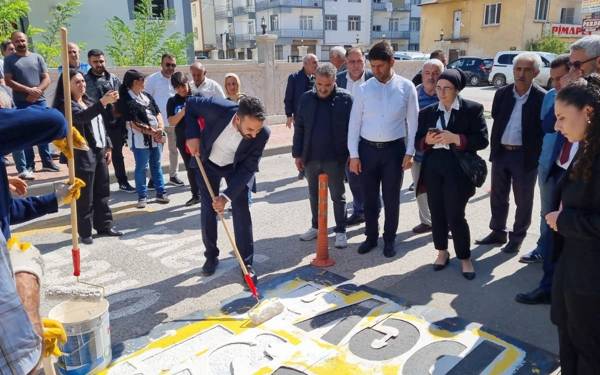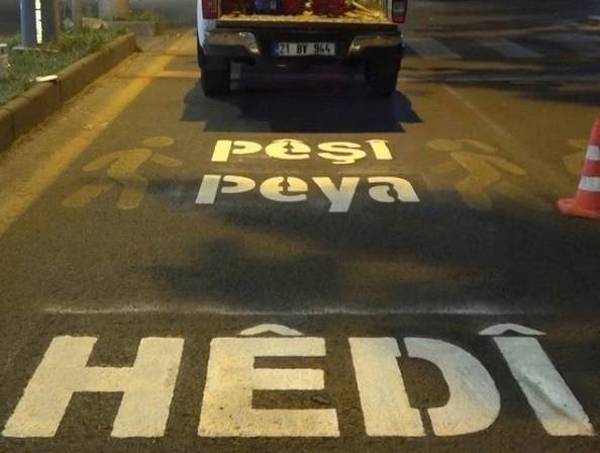Kurdish-language traffic signs in several cities in Turkey have been removed by authorities over the past month. These signs, installed by municipalities controlled by the pro-Kurdish Peoples’ Democracy and Equality (DEM) Party, have sparked controversy as they were seen as a step towards linguistic inclusivity.
Following similar actions in the Kurdish-populated cities of Van, Diyarbakır, and Batman, signs in Mardin’s Dargeçit and Nusaybin districts have been removed as well. In Van and Diyarbakır, the signs were initially covered by a nationalist group, who replaced them with the slogan "Turkey belongs to Turks and will remain Turkish."

Turkey’s crackdown on Kurdish political movement expands to ‘terrorist weddings’
The Mardin Metropolitan Municipality, which is responsible for the signs, issued a written statement confirming the removal upon directives from the Mardin governor and district governors. The reason for the removal was the signs’ alleged non-compliance with traffic marking standards.
Late at night, these signs were reportedly covered with paint, effectively erasing the “Pêşî Peya” icons. The Mardin Metropolitan Municipality expressed its discontent and reiterated its commitment to promoting multilingualism. “We aim to develop multilingualism and have included Kurdish, alongside Turkish, in traffic warning signs within the city to enhance their effectiveness and accessibility,” the statement said.
'Well-received by locals'
The municipality noted that these efforts were well-received by the local population but faced backlash from those who opposed the region’s cultural richness and had tried to alienate the community from its language and culture through trustee policies for years. “Such actions, aimed at facilitating the daily lives of our Kurdish-speaking citizens, are among the priorities of our community-focused municipal approach.”
“We condemn this attack on our multilingual efforts and urge judicial authorities and local NGOs to address this issue. We will use all legal means to protect the rich cultural fabric of our city,” the statement concluded.
Kurdish-language signs and symbols have faced similar removals following the 2015 collapse of a peace process between the state and Kurdish militia. For example, in 2016, a trustee appointed to the Diyarbakır municipality removed Kurdish street signs, prompting public outcry and protests from pro-Kurdish groups and activists. (RT/VK)








